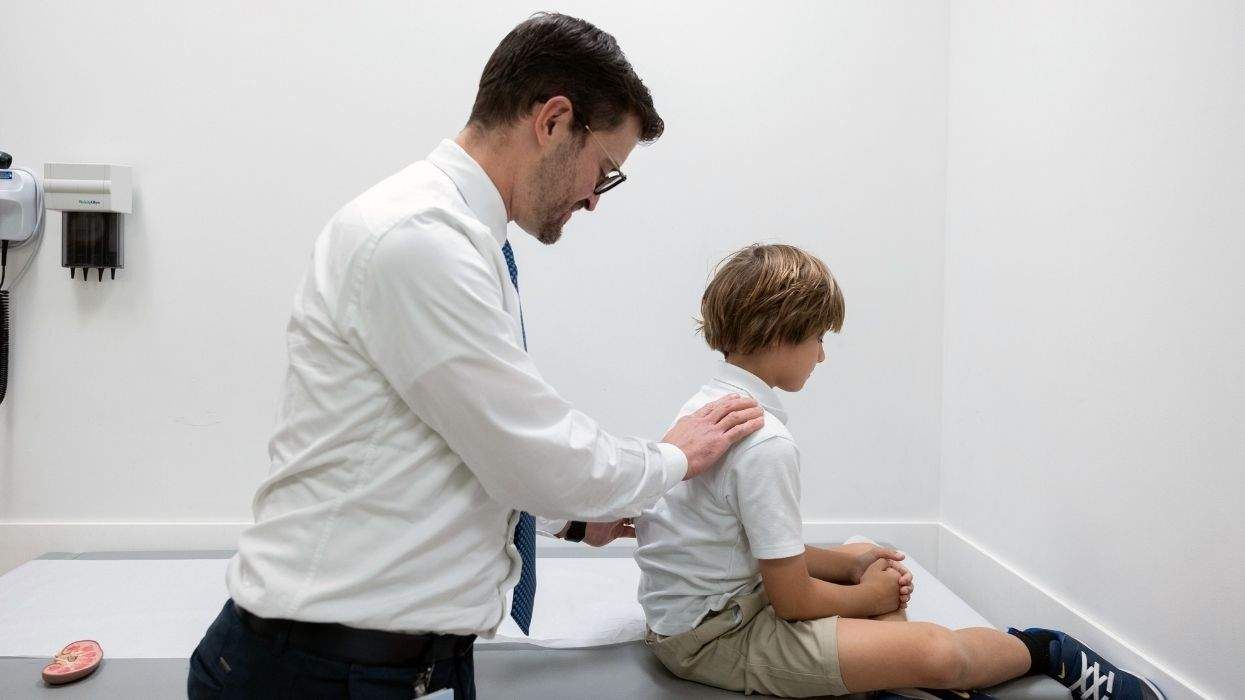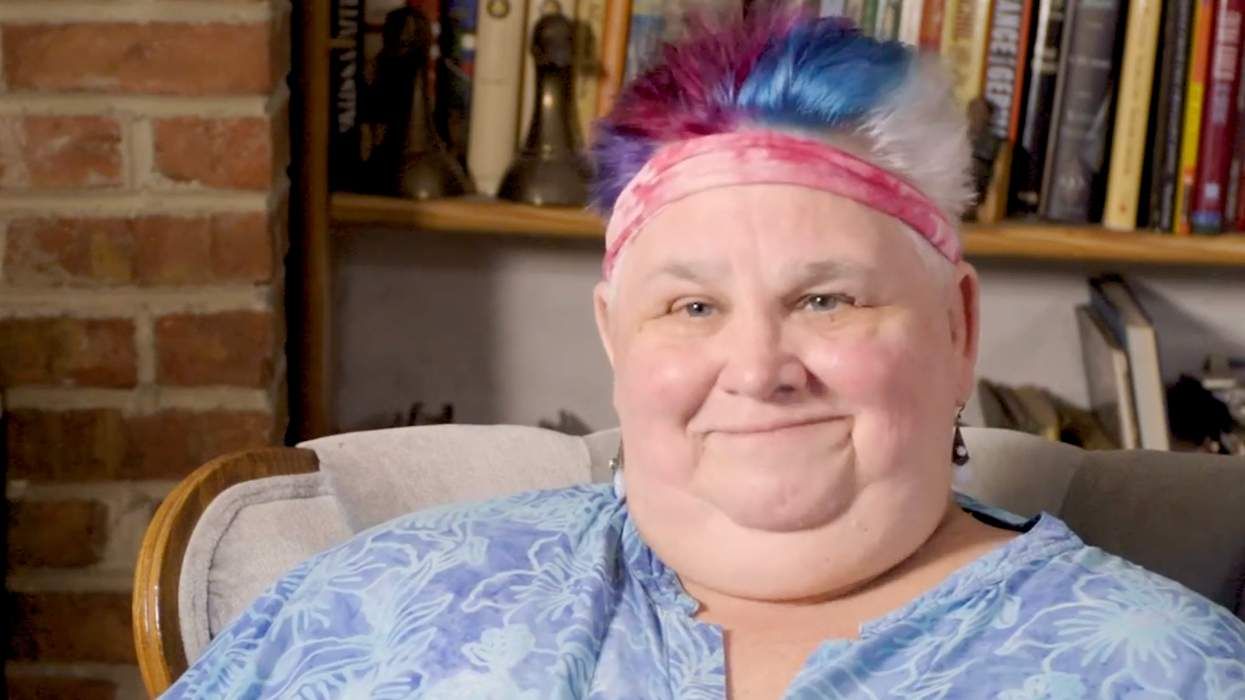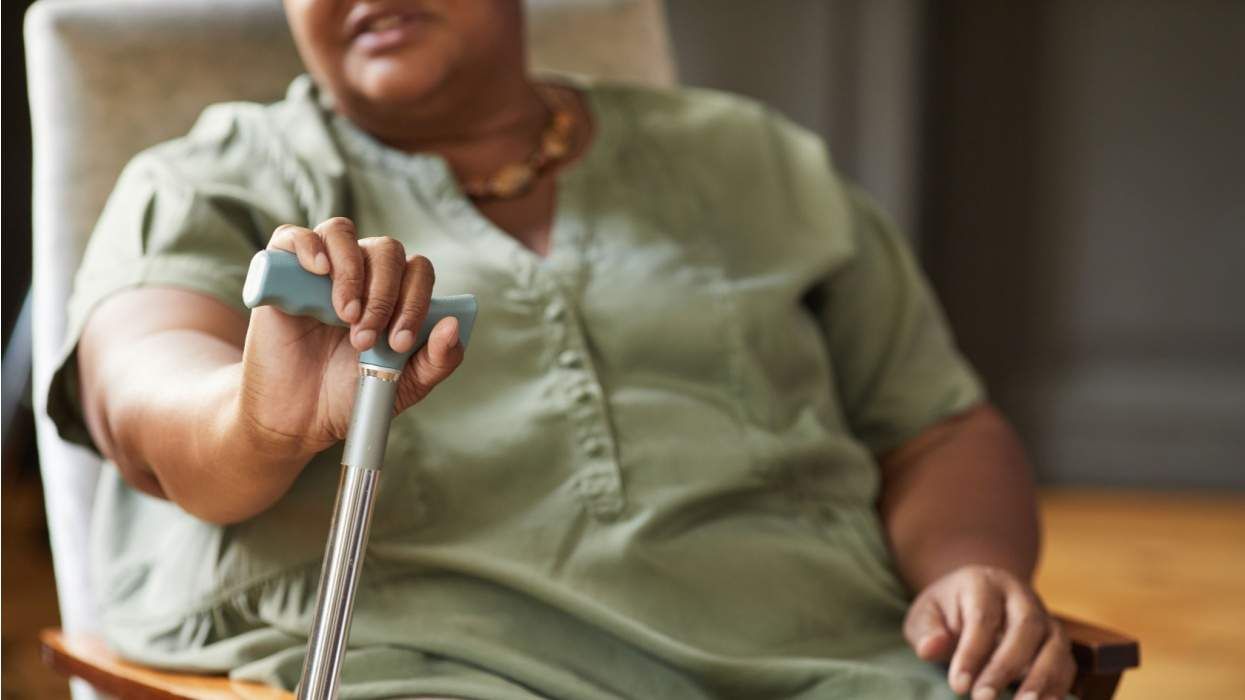A trial of Eli
Lilly's osteoporosis drug Evista found that patients
given the treatment had a reduced incidence of bone
fractures and breast cancer but were more likely to
suffer fatal strokes and blood clots.
The study of some
10,000 women also dashed hopes of some physicians that
the drug would offer substantial protection against heart
attack to women in the highest risk groups.
Doctors had
thought that the drug, known generically as raloxifene and
used to treat the bone-thinning disease osteoporosis, might
help prevent heart problems because it lowers
cholesterol and improves other indicators of
heart-disease risk. But after giving either the drug or a
placebo to the women for an average of 5.5 years, the
research team led by Elizabeth Barrett-Connor of the
University of California, San Diego, found that the
medicine had no effect on the incidence of heart attacks,
heart failure, or death from heart-related causes.
Results of the
trial appear in this week's New England Journal of
Medicine. Half of the participants were treated
with Evista, while the other half got an inert placebo.
The study found
that Evista has mixed benefits and risks related to other
diseases.
Among every 1,000
women taking the drug for 10 years, the study concluded
that Evista would prevent 12 cases of invasive breast
cancer, cutting the risk of that kind of cancer by 44%
versus women taking a placebo. The results also found
that it would prevent 13 spine fractures, a 35%
reduction in risk.
The study's
authors said that among every 1,000 women on the drug, seven
more would have fatal strokes than those on placebo,
increasing the risk by 49%. Twelve more would have
dangerous blood clots known as venous
thromboembolisms, increasing the risk by 44%, they said
The researchers
advised doctors to weigh the risks and personal
preferences of each patient before deciding whether to
prescribe raloxifene, which affects the way the body
deals with the female hormone estrogen.
"There is not a
magic bullet that can reduce the risk of major health
problems related to estrogens and aging without introducing
other potentially serious health concerns," Marcia
Stefanick of the Stanford School of Medicine, said in
an editorial that appeared in the journal.
The study
included some 10,101 postmenopausal women over age 54 at 177
sites in 26 countries. All faced an above-average risk of
heart disease, although none had experienced a heart
attack or had surgery to prevent one. (Reuters)


































































Charlie Kirk DID say stoning gay people was the 'perfect law' — and these other heinous quotes